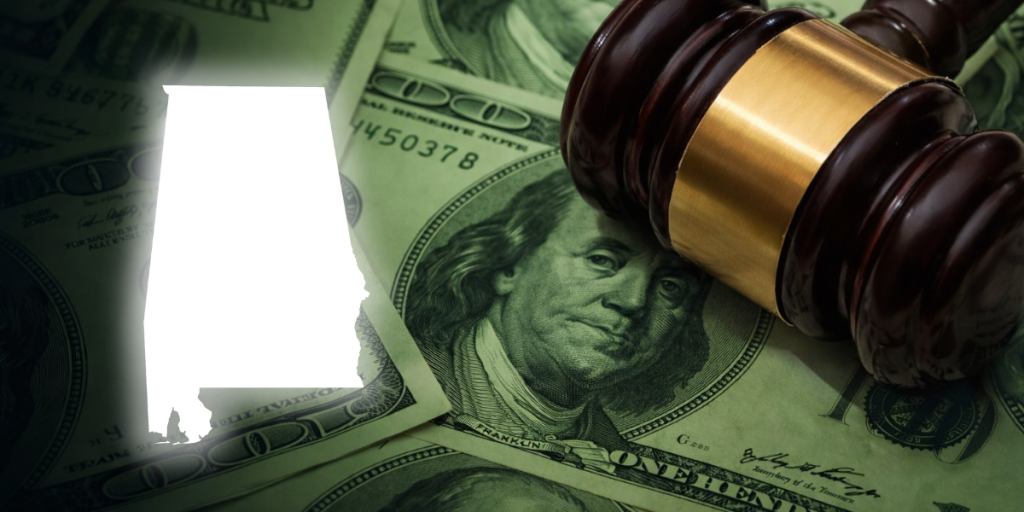Slavery was a moral abomination now thankfully consigned to the dustbin of history. But should Americans who were never slaves receive compensation for their ancestors’ victimization?
Reparations are widely viewed as left-wing policy. Many conceive reparations as racial justice: a past offense by Whites against Blacks demands compensation today. Viewing people exclusively as members of races is collectivist and incorrect; individuals act and should be judged based on their actions. Racial justice reflects collectivist thinking.
But libertarian economist Walter Block observes how past injustice can require restitution today. Defenders of property rights would demand that a watch stolen last week be returned to its owner. The passage of 150 years does not change the demands of justice if we can verify the facts.
Professor Block shows us that an individualist argument for reparations exists. But we do not have a watch to return. Let’s consider the two major things stolen from slaves: their dignity and autonomy and the value of their labor.
Dignity and autonomy comprise our humanity. The slave family torn apart at the auction block signifies life without autonomy. Unfortunately, absent a time machine, the victims of American slavery cannot be compensated. Their descendants never experienced slavery. We cannot do justice here.
Theft of the value of their labor left slaves in 1865 were poorer than if they had been free. Nor did freed slaves receive any compensation, such as “forty acres and a mule.” Accumulated saving could have been bequeathed to descendants. The value in today’s dollars represents potential compensation.
How much might this be? Only earnings above subsistence can be saved. America was poorer in the early 1800s than today, so average earnings minus cost of living would have been modest. Furthermore, these savings might have been lost in the market or spent during the intervening 150 years. Not every descendant of America’s free citizens of 1865 receives an inheritance.
Libertarians believe criminals should pay restitution to their victims. Yet reparations proposals involve payment by the government. This I think seems proper. Making only descendants of slave owners pay would impose heavy burdens on persons who never owned slaves. The U.S. government permitted slavery and can pay any reparations.
Some proponents, including the 1619 Project, justify reparations because slavery created America’s prosperity. This claim draws on the deeply flawed “new history of capitalism” literature. For details on these flaws, see economic historian Phil Magness’s “The 1619 Project: A Critique.”
Indeed, far from creating prosperity, slavery held back humanity economically. Powerful people believed that commanding others yielded comfort and prosperity, but slaves will only repeat actions taught them. Trading with others as equals empowers them to use their intelligence and creativity to work faster and more efficiently. If slavery produced prosperity, humanity would have been wealthy long ago.
Duke University’s William Darity is a prominent economist promoting reparations. Professor Darity considers discrimination and violence following Emancipation as helping justify reparations. Prosperous Blacks were often targets of violence, like in the Tulsa Massacre, while Jim Crow and housing red lining prevented accumulation of assets. The economic impact today of these recent offenses may exceed the more distant crime of slavery.
Professor Darity points to the Black-White wealth disparity, around $800,000, as a scale for reparations. But factors other than discrimination and slavery have contributed to this. As Shelby Steele observes in White Guilt, “the goal of the civil rights movement had escalated from a simple demand for equal rights to a demand for the redistribution of responsibility for black achievement from black to white America, from the ‘victims’ to the ‘guilty.’ This marked a profound – and I believe tragic – turning point in the long struggle of black Americans for a better life.”
A panel recommended that California, a free state, pay reparations. This makes a mockery of the case for reparations. This recommendation suggests that slavery serves as cover for government handouts.
The costs and challenges of doing justice for slavery 150 years later are enormous. We cannot compensate American slavery’s victims. And using righting past wrong as pretense for government redistribution is not justice.
Daniel Sutter is the Charles G. Koch Professor of Economics with the Manuel H.
Johnson Center for Political Economy at Troy University and host of Econversations on TrojanVision. The opinions expressed in this column are the author’s and do not necessarily reflect the views of Troy University.









